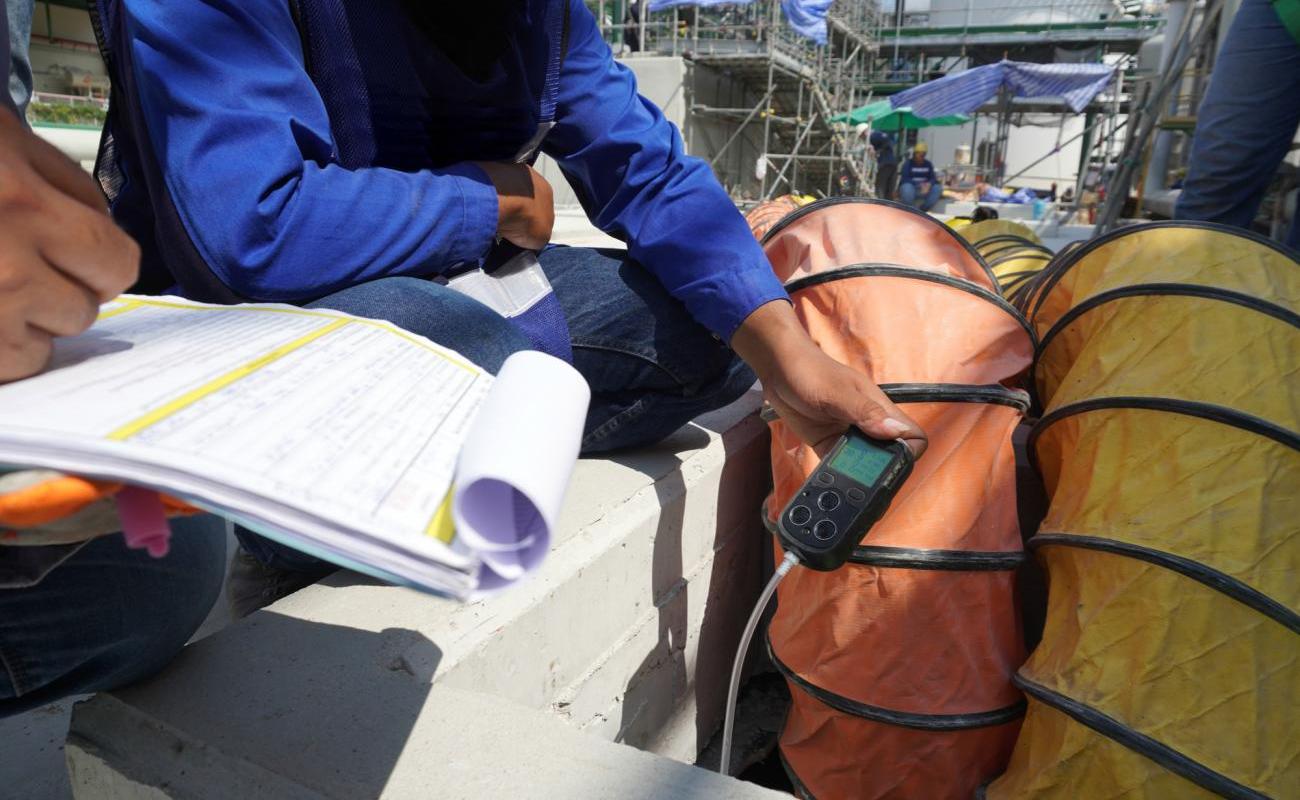The higher the energy bills, the greater the potential savings by increasing the energy efficiency of the company. Manufacturing businesses spend a large amount of energy, not only on production processes but also on temperature regulation in production halls and offices.
Dr Mirjana Stamenić, an Expert in the field of mechanical engineering and energy efficiency and Coordinator of the EU project “TAEERES”, says that thanks to the energy audit, in addition to the benefits related to financial savings due to reduced costs for energy, businesses can also achieve benefits related to reducing the negative impact on the environment – by reducing emissions of harmful components into the environment.
“The energy savings that can be achieved by applying the measures that are the result of the energy audit can amount to 10 to 30 per cent. The level of savings depends on the complexity of the company and the level of development of the system for monitoring and managing energy flows “, states Stamenić.
The concept of energy efficiency is increasingly present in everyday life, and efficient use of energy primarily means that unnecessary waste of energy is avoided and that losses during the transformation from one form of energy to another, as well as during energy distribution, are minimized.
Increasing energy efficiency refers to reducing energy consumption for the production of a product, service rendered, heating, lighting, logistics, etc. Reducing energy consumption is usually associated with technological advances, but can also be the result of a better organization or an improved economic position of the company.
Free energy audits in ten selected companies in the SME sector will be conducted by two experts on the “TAEERES” project – Dr Stamenić and Radoslav Antić, electrical engineer and energy audit expert, in the period from 4 to 29 October. The results will be promoted in November at three final workshops in Novi Sad, Kragujevac and Belgrade.
The review includes several phases that have the ultimate goal of reducing a company’s energy consumption. The first phase includes reviewing and determining how and for what purposes energy is used. The next step is to determine the level of energy consumption and define the measures that need to be taken in order to make savings. Finally, it is necessary to consider the economic and technical justification of the application of measures to increase energy efficiency and define a list of priorities for activities that will reduce energy consumption.
A detailed energy audit also requires joint work in the field at the site of the plant, preparation of a simple technical and economic analysis for the proposed measures and data analysis to define the potential and measures to reduce energy consumption. Based on all the results, a final report is prepared and presented to the company’s management.
The energy saved directly affects the increase of the company’s profit and therefore energy efficiency measures, especially those involving low and medium investments, are cost-effective and acceptable to the company in which the energy audit was conducted. In addition to the positive effect related to energy savings and cost reduction, the measures proposed by the energy audit are closely related to sustainability, environmental protection and responsible attitude towards the local community, and in that sense, the benefits are even more significant.
The project “Technical Assistance to the Ministry of Mining and Energy for the implementation of the new Energy Law, National Action Plan for Energy Efficiency and Renewable Energy Directive – TAEERES” is funded by the European Union and the Republic of Serbia and implemented by a consortium led by DAI Human Dynamics GmbH & Co KG with its team of local and international experts.
Serbia is among the European countries with the highest energy intensity and high dependence on fossil fuels, especially coal. The Third National Energy Efficiency Action Plan (NEEAP) indicates that energy intensity in Serbia is 2 to 3 times higher than in neighbouring EU countries. Serbia’s development goals require bringing the energy sector to a sustainable basis by improving the state of energy efficiency in all sectors and increasing the use of renewable energy sources. Such wishes are supported by Serbia’s participation in the Energy Community and the current status of the EU candidacy.
The support of the European Union to the energy sector of Serbia has amounted to more than EUR 830 million since 2000. The energy sector is the focus of the EU because it has a great impact on all other sectors of society. The EU projects in the energy sector lower the dependence on fossil fuels, increase usage of renewable energy sources and increase energy efficiency.

